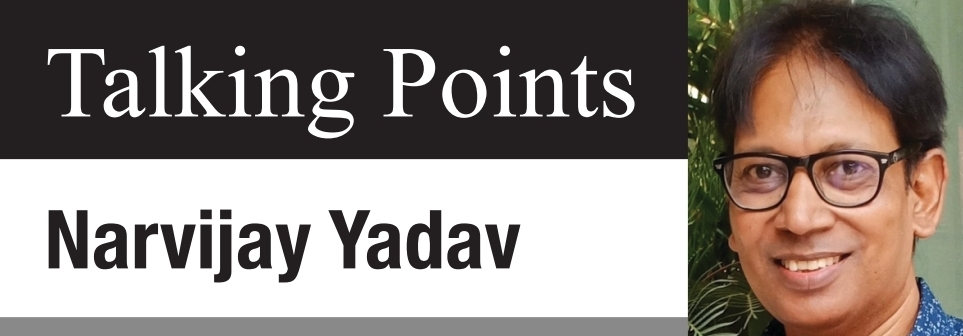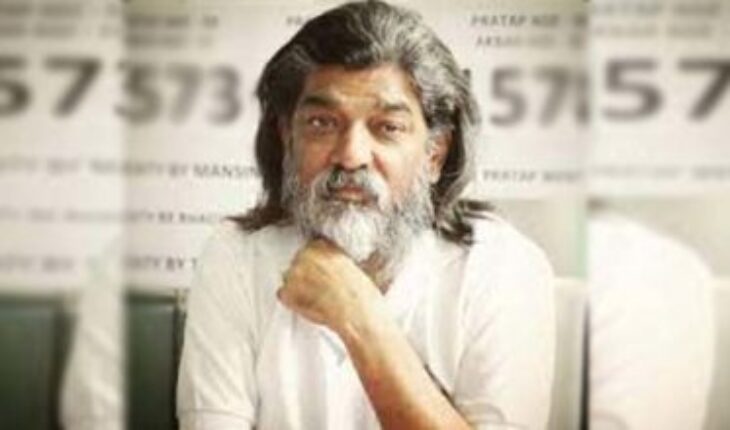One should always have a backup plan to repay the loan or to generate alternative sources of income, where Nitin Desai failed miserably. Financial literacy isn’t taught in schools. You’re rich when your money works for you without your effort. You aren’t rich if you have to trade labour for money.

The suicide committed by Nitin Chandrakant Desai, the Bollywood art director, in his Karjat studio near Mumbai, shocked everyone in the entertainment industry and others in the country. The great art director, who created the sets of Kaun Banega Crorepati, Aapki Adalat, and big-budget films like Jodhaa Akbar, and Lagaan, etc., was struggling to repay a Rs 180 crore loan which had increased to Rs 252 crore, and a bankruptcy court had recently approved an insolvency petition against his company, ND’s Art World Pvt Ltd. The unfortunate incident has once again highlighted the importance of financial literacy.
Nitin Desai was a great creative person, but he seemed to lack basic knowledge of financial management. He took an ultra-heavy loan to fulfill his desire of creating a massive film studio, without much backup plan in case something bad happened to his project. Once he stopped getting work, his dreams shattered and the loan became the cause of his untimely demise. One should always have a backup plan to repay the loan or to generate alternative sources of income, where Desai failed miserably. Financial literacy is one skill that is not taught in schools, and the lack of this knowledge causes misfortune to a majority of people, who otherwise earn fantastically well but fail to rise in practical life.
Financial literacy is as important as making money. It can make you rich. It is basically your relationship with the money you earn and how effectively you use it to improve your finances. Adopting proper budgeting, saving, and investment is what financial literacy is all about. So step one is to make money which would be most important, but once you have money or sufficient income, step two becomes most important, i.e. to utilize that money to its greatest potential or to help you achieve your long-term goals.
World’s most successful investor Warren Buffett once said “Never invest in a business you do not understand.” An investment journey takes time. Starting from a small amount and for the long term is best practice. Starting an investing journey in the stock market is so easy these days. One just has to open a Demat account, and then things take forward.
Depending on the income and expenses, the emergency fund can be 6 to 12 months of the monthly income. If you earn Rs 40,000 a month and Rs 20,000 goes into meeting your routine living expenses, then your emergency fund should be in the range of Rs 2 to 4 Lakh. This corpus is for emergencies only. A financial advisor once told me, “Money management is way more important than earning money. I know people with an income of over Rs 25 Lakh a year, who are so deep in debt that they would lose everything if they ever had to go through a couple of months without a paycheck. Once you have made some money you need to figure out what you are going to do with it. You can spend it, save it, invest it, or a mix of these three.”
The writer is a senior journalist and columnist. Views are personal.
Twitter @narvijayyadav




